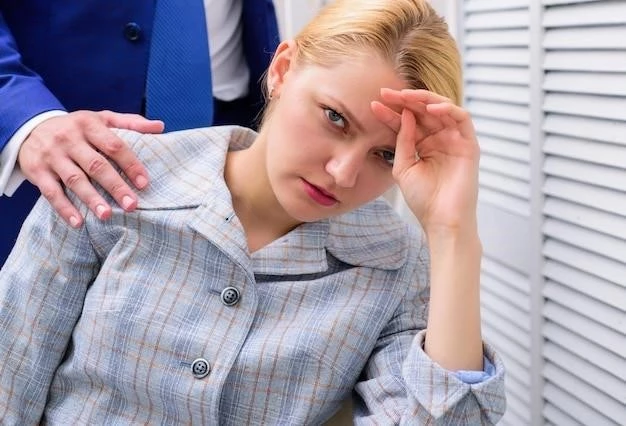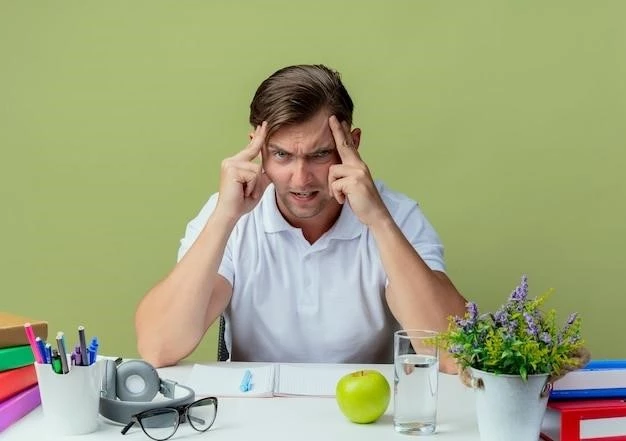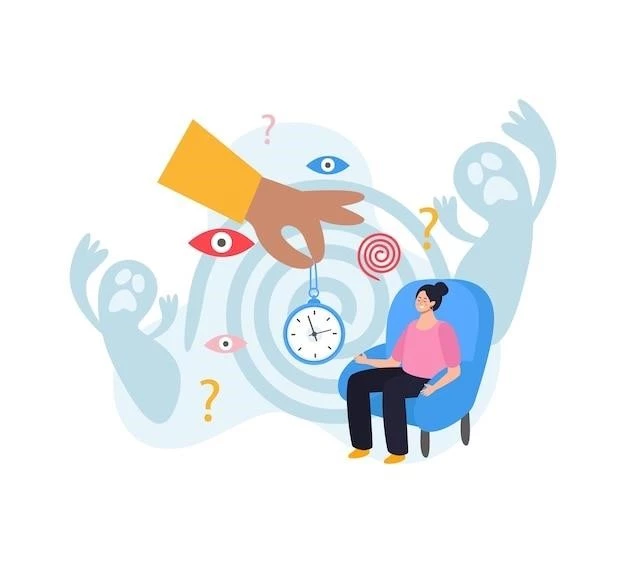Understanding Oikophobia
Oikophobia is an aversion to a home environment, or an abnormal fear of one’s home, often linked to rejecting one’s own culture.
Oikophobia is an aversion to a home environment, or an abnormal fear of one’s home, often linked to rejecting one’s own culture. It can be diagnosed by mental health professionals and is related to domatophobia and ecophobia.
Definition and Background
Oikophobia is an aversion to a home environment, or an abnormal fear of one’s home, often linked to rejecting one’s own culture.
Common Signs of Oikophobia
Signs of Oikophobia may include a persistent fear of one’s home environment, discomfort with cultural norms, and reluctance or avoidance of domestic settings. Individuals with Oikophobia may exhibit anxiety or distress when confronted with familiar surroundings.
Diagnosing Oikophobia
Oikophobia is typically diagnosed by mental health professionals, such as psychologists or psychiatrists, based on the individual’s symptoms and behavior patterns. It is crucial to undergo a comprehensive evaluation to determine the presence and severity of oikophobic tendencies.
Causes of Oikophobia
Oikophobia may stem from traumatic experiences or socially acquired beliefs, impacting one’s perception of home and culture.
Oikophobia may be the result of earlier traumatic experiences that can be directly or indirectly linked to the object or situational fear. Phobic responses can also be inherited as socially acquired beliefs.
Socially Acquired Beliefs
Oikophobia can also result from socially acquired beliefs that shape individuals’ attitudes towards their home environment and culture, influencing their fear responses and perceptions.

Treatment Options
Various treatment options such as Cognitive Behavioral Therapy (CBT) and counseling are beneficial in managing Oikophobia effectively.
Cognitive Behavioral Therapy (CBT)
Cognitive Behavioral Therapy (CBT) is an effective approach for treating Oikophobia, helping individuals identify and modify negative thought patterns and behaviors associated with their phobia.
Link to Traumatic Experiences
Oikophobia may be a result of traumatic experiences directly or indirectly linked to fear-inducing situations, shaped by inherited socially acquired beliefs, impacting individuals’ perceptions and responses.
Counseling and Therapy
Counseling and therapy offer valuable support for individuals dealing with Oikophobia by addressing underlying causes and helping in fear management.
Role of Hypnotherapy
Hypnotherapy can aid in addressing deep-rooted fears associated with Oikophobia by accessing the subconscious mind and facilitating behavioral changes to overcome the phobia.
Learning to Manage and Confront Fears
Individuals with Oikophobia can benefit from learning strategies to manage and confront their fears, helping them regain control and confidence in facing their triggers.

Impact of Oikophobia
Oikophobia can have profound effects on mental health and well-being, often influencing other phobias and anxiety disorders.
Effects on Mental Health and Well-being
Oikophobia can have detrimental effects on mental health and overall well-being, potentially exacerbating other existing phobias and anxiety disorders.
Relationship with Other Phobias and Anxiety Disorders
Oikophobia’s impact on mental health can interact with and worsen other phobias and anxiety disorders, compounding an individual’s emotional well-being.
